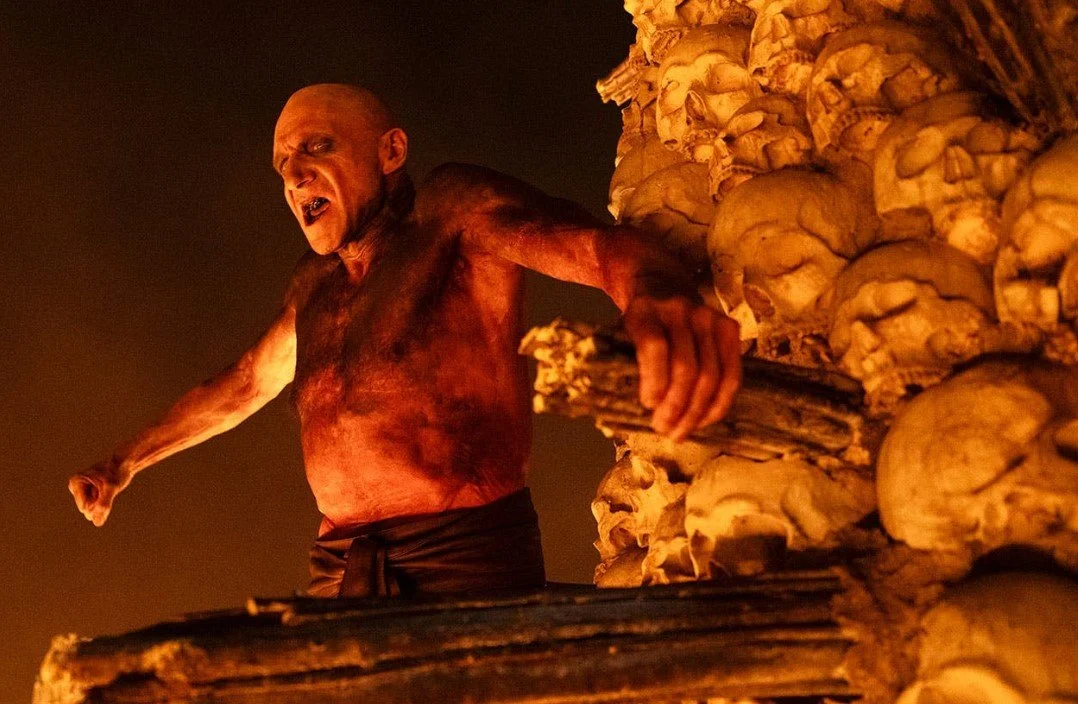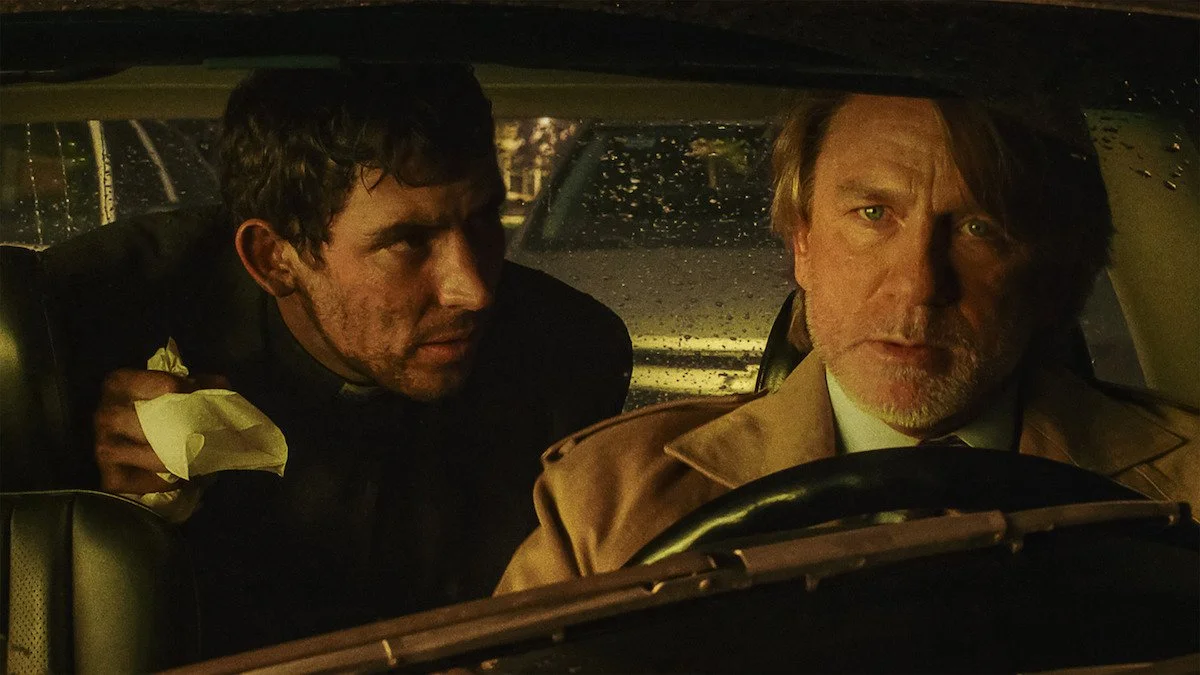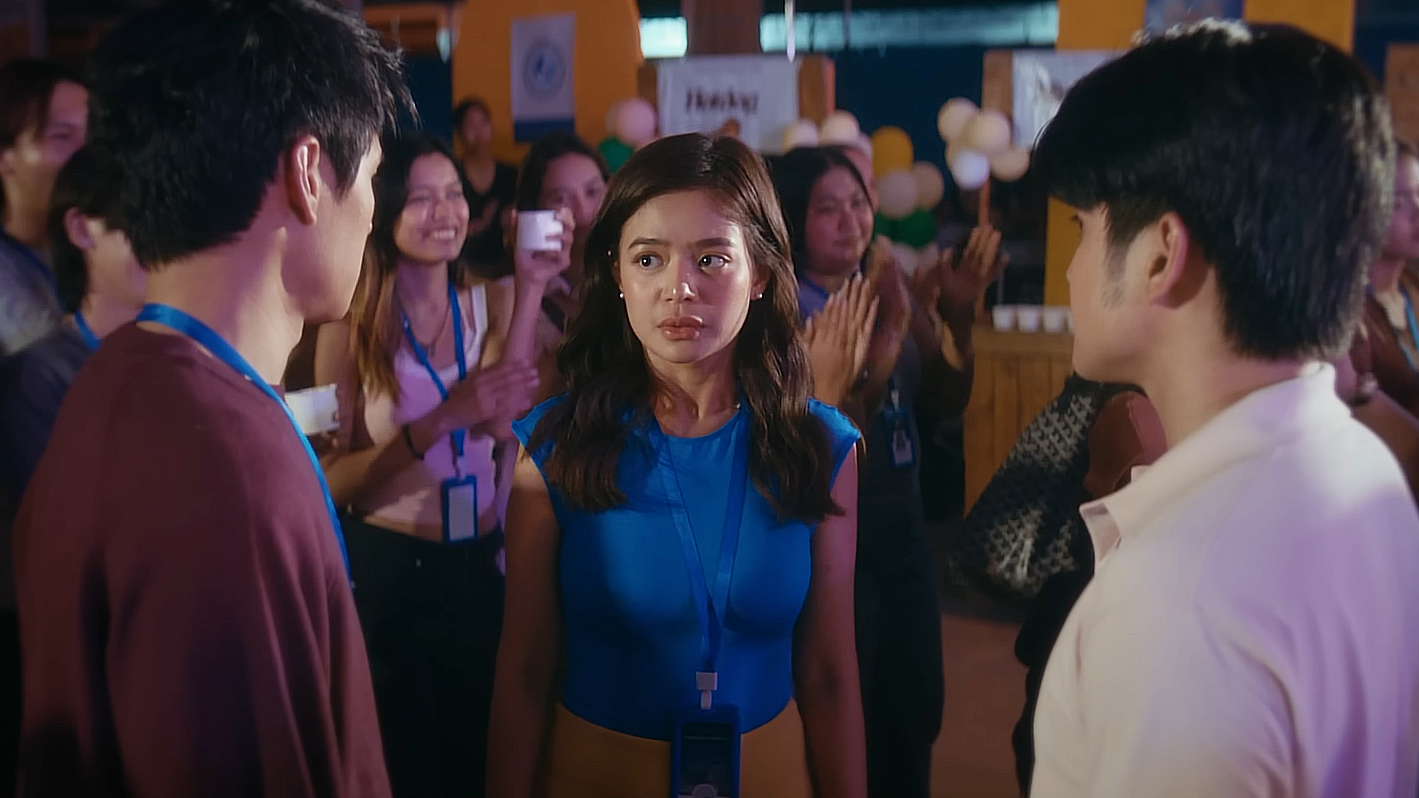‘Promising Young Woman’ REVIEW: A feminist revenge thrill with a questionable ending
‘Promising Young Woman’ REVIEW: A feminist revenge thrill with a questionable ending
Promising Young Woman is one of this year’s award magnets.
It’s clear that the power of a film like Promising Young Woman lies in its relevance in dissecting the normal and mundane micro-aggressions and power dynamics that men hold on women. It has a premise that hits hard when you contextualize it with the growing pains of navigating patriarchal institutions that deflects accountability for men. This film has no problem finding its place in the relevant spheres of discussions that people should definitely be having, no matter how difficult. It also doesn't hold back in portraying the little unnoticed and disregarded facets of rape culture that people have opted to bury deep down.
The film begins by introducing the methods by which Cassie (played by Carey Mulligan) routinely delivers her message to credulous men in commonplace bars. Cassie begins and ends the film with one goal in mind: deter men from making inebriated women their unsuspecting victims. The camera acts as if it is the voyeuristic male gaze, scanning Mulligan’s character who appears to be intoxicated. She is subsequently approached by a man (played by Adam Brody) who offers to bring her home only to later reveal his perverse motives. As he makes his wrongful advances, the audience is kept at an uncomfortable distance, wondering how Cassie escapes from such a situation. Then, in a moment of empowering subversion, Mulligan turns into a commanding predator who repudiates her role as a quarry at the hands of an abhorrent man.
This method of revenge is revealed to have been going on for years as we see Cassie jot down the names of men she has scarred on her notebook. The film provides a sense of her goal and the dire consequences of her habitual revenge. She’s still living with her parents and is later revealed as a medical school dropout. She works at a coffee shop as a barista and only sees it as a means to remain in town and continue her nightly bar trips. The reason for all of this is due to the death of her friend Nina who was victimized by the same kinds of men that Cassie wants expunged from the world. This whole set-up might be unbelievable for some and somewhat unsustainable when you look real hard into it. But, writer and director Emerald Fennell is less concerned with realism and more interested in what Cassie’s trauma and desire for revenge says about society as a whole.
Carrey Mulligan gives one of the standout performances of 2020.
The script employs an interesting structure. The way the film spreads out Cassie’s story—and sprinkling in Nina’s as well—so organically without ever being too explicit is a testament to Fennell's talent as a screenwriter. The beginning of the film acts as a convenient set-up for the pop colored world that envelops Cassie along with the neon and hyper-feminized design of the various settings. It’s an interesting juxtaposition that also sometimes lends itself to the film feeling like a tonal rollercoaster at times. The beginning also introduces Ryan (played by Bo Burnham) who serves as an old classmate of Cassie and is set-up as a potential love interest. However, it is the passing remarks of Ryan regarding Al Monroe, the detestable figure at the center of Nina’s death, that pushes Cassie back to memory lane in order to target the people we later find out were associated with her death.
This revelation thrusts the film into chapters and each part resolves a piece into the puzzle of what happened to Nina. Yet, we don’t know much about who Nina really was. At best, we only really know her through the anecdotes of Cassie and later on by her own mother. Maybe this was the point, Fennell keeps Nina’s character vague since her memory has been buried by everyone except for Mulligan’s character and this may well be enough for the narrative to continue. However, it is this vagueness that curtails her character into a summation, a narrative tool; she is defined by the sexual assault she experienced and the guilt of the people around her.
Cassie encounters Madison (played by Alison Brie) and Dean Walker (played by Connie Britton), two women who have weaved their way into good lives and feigned justice for Nina. The two are guilty of their inaction and blatant disregard for Nina’s situation. Cassie enacts her own brand of justice by making Madison think that she was raped by another man in a hotel room and by scaring Dean Walker into thinking that her daughter is about to be put into the same predicament as Nina. While their ignorance for Nina is detestable, it’s clear that Cassie’s methods are also downright questionable.
It’s uncomfortable to think about the bluffs that Cassie is making because even though they are later revealed to be untrue and made-up, we only find out these things later on. After the Madison scene, we are still left in the shadows as to what truly happened to her as the film moves forward with its romantic scenes with Bo Burnham and the comedic sensibilities that come with it. It is only when Madison arrives at Cassie’s house, all frazzled and anxious, that we are given the answers. It’s hard to reasonably assume what it is that Cassie does to those who have wronged her and Nina aside from deterring and scaring them. In the opening act, we see her walking out of the apartment with blood. In another scene with Alfred Molina as a lawyer, we see her dismiss what appears to be a hired gun.
Fennell might be hitting at something even deeper here, interrogating how Cassie’s vicious acts and the flagrant passivity of women like Dean Walker and Madison are all results of a patriarchal system that often shapes how women should act. But, there’s a difference between the abuse one receives at the hands of men, and the abuse that one receives at the hands of fellow women. It’s questionable that Cassie aims to enact the same feelings that Nina must have felt toward other women when her goal in the first place was so that women would never have to go through the same pain. It’s why she goes out at night and scares men into submission in the first place, right?
Alison Brie along with Bo Burnham both serve as decent supporting pieces in the film.
This is the point where the film reaches its other questionable aspect: its ending. After Madison provides video evidence of Nina’s sexual assault at the hands of Al, the film reveals that it was Ryan, the one man that Cassie has grown to trust, who was recording the whole thing. This drives Cassie into getting information from Ryan regarding the location of the previously set-up bachelor party of Al where he and all his other friends will be. After an amazing and eerie rendition of Britney Spears’ “Toxic”, Cassie infiltrates the party and gets Al all alone in a room, tying him up with handcuffs and threatening to carve Nina’s name on his body. However, things take a terrible turn as Al breaks free and murders Cassie with a pillow.
It seemed as if the film would ostensibly go for a similar ending more attuned to the alternate ending cut of something like Get Out which opted for a more grounded and gritty approach. But, it doesn’t, because in the end, the cops still get Al and his friends while Cassie and Nina send a scheduled text to Ryan and a montage of Cassie’s premeditated plan to arrest Al in case her untimely death plays out is shown. So, for all the feminist revenge thrill glory that the film boasts, the ultimate comeuppance arrives in the end...in the form of two dead women at the hands of Al before the police finally do their job?
Cassie dressed up as a nurse in the most crucial scene of the film.
In light of the chosen ending, they left out an important aspect we've been eager to find out right from the beginning: What happens to Cassie now? This type of closure occurred in the same year with a film like The Invisible Man wherein we get to see Elisabeth Moss's character find solace in seeing through her own form of catharsis at the end. We even see this in Kill Bill 2 wherein Uma Thurman's character gains both the narrative and character closure that we've been begging for since the first film. So by killing off Cassie, that agency and catharsis is indelibly lost.
If the story was willing to arrest Al and have Cassie gain retribution at the end anyways, then why have her go to extreme lengths in concocting her bachelor party plan? Is it maybe that she thinks she can't get a conviction for Nina's case so her last resort is that she hopes to get a conviction for her own murder? There was already a lawyer who was remorseful and had more than enough proof (and plus, added video evidence) to convict or at the very least, kick-start a trial on Al.
The video is the earth-shattering twist that motivates her to risk her life and finally achieve retribution from Al. So you would assume that if she can create such an elaborate plan in the event of her untimely death, then she...probably could've also made an elaborate plan to get stronger handcuffs? These complications and added concoctions can be easily solvable and explainable, they’re not that egregious. But the biggest problem is that these things were added when they really shouldn't have. And, more glaringly, these things were added only to inevitably kill off Cassie and rob us of any thematic closure or any sort of agency for her character. You don’t call two dead women at the hands of the same man empowerment, if anything, that’s even more disempowering to say the least.
But, conversely, maybe it was the right move. Maybe at some point, Cassie’s path was always about to converge to the point at which she dies because she can no longer find herself moving on from Nina’s sexual assault. Maybe the only way she can achieve retribution was through assuring that Al and these men had to live with the unforgettable knowledge of Nina and her death. Sure, it was complicated, but in the end it still worked, isn't that all that matters? It’s up to the audiences to decide. But from what it looks like, it wasn’t executed to its fullest potential. Fennell ends the film with a winky face and a quirky text message from the dead. The film ultimately indulges in this form of justice and promotes the idea that Cassie won in the end. Was she really victorious? Because, if so, then there are other far more better executed victories for women that we should celebrate rather than the one presented here.

















